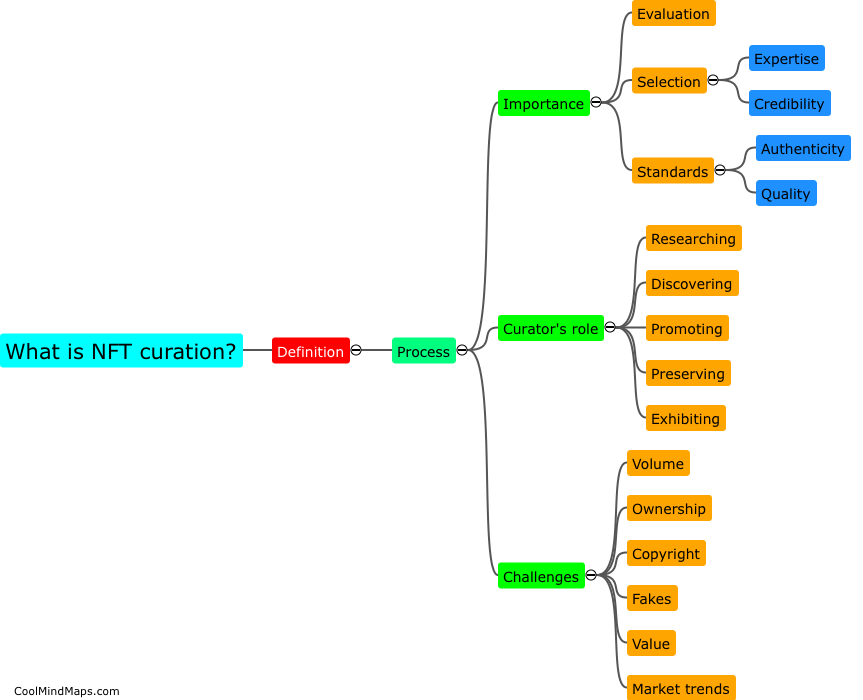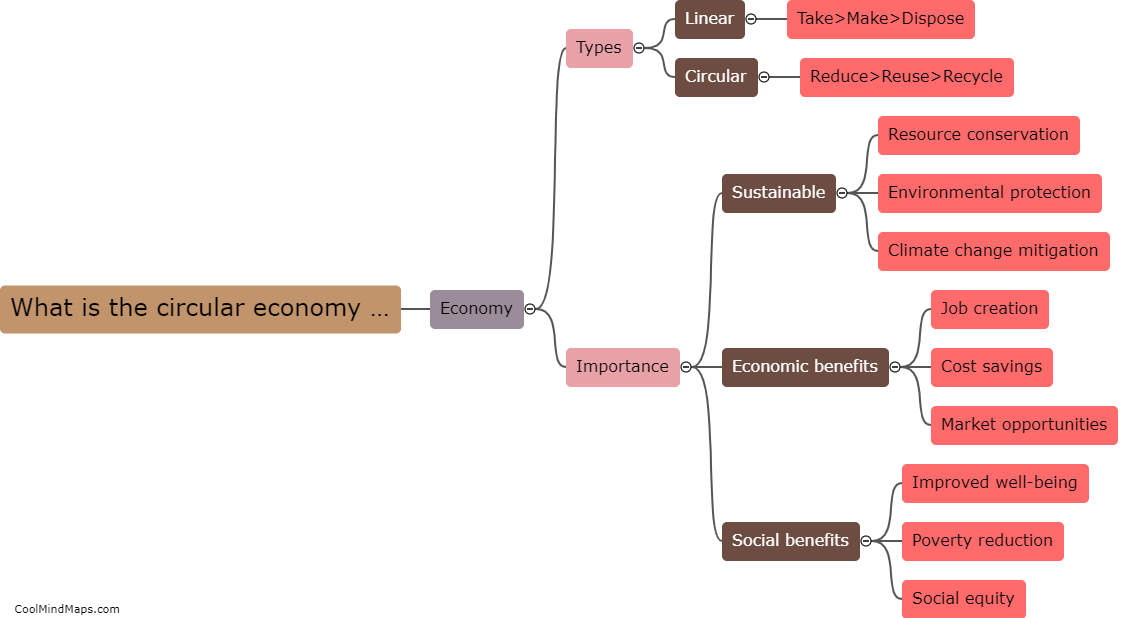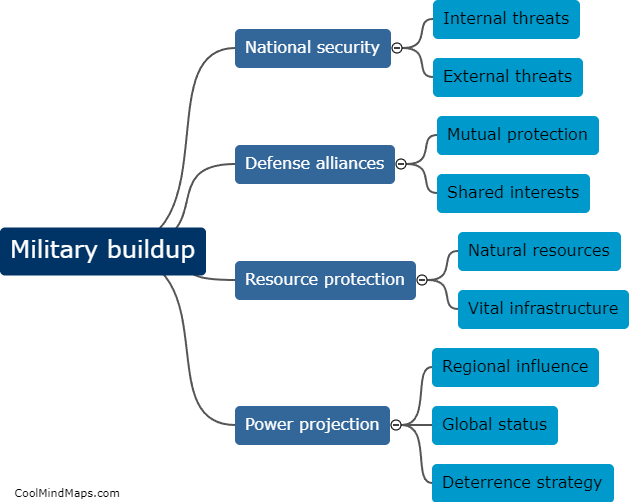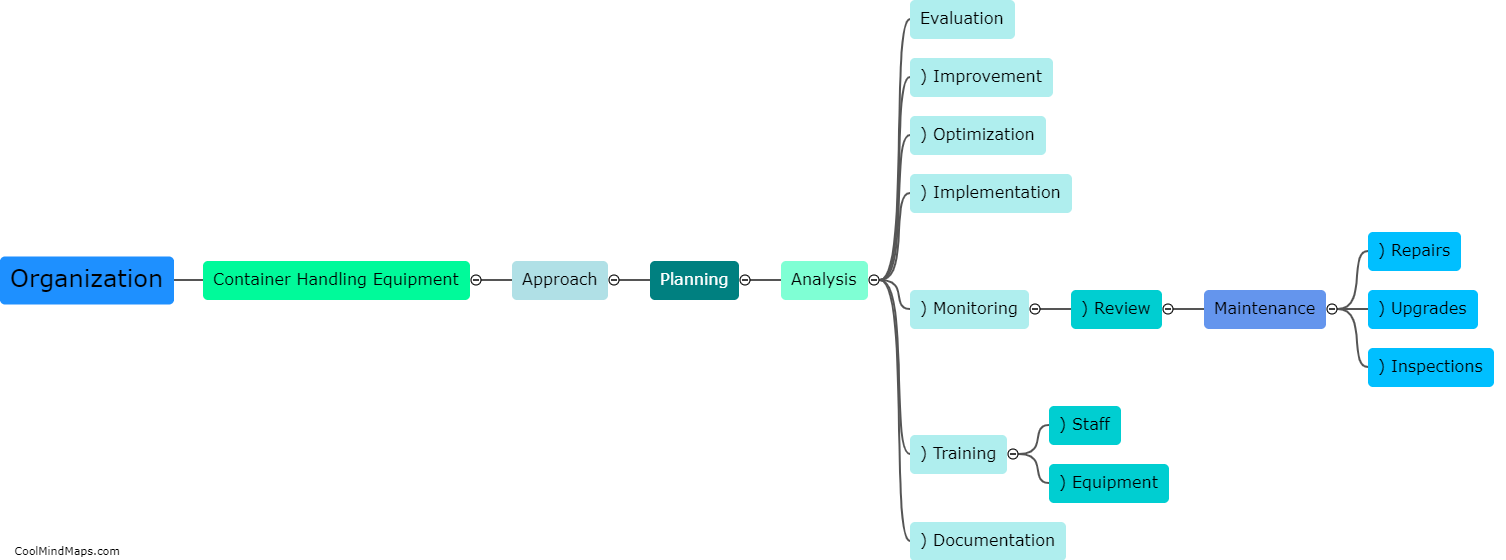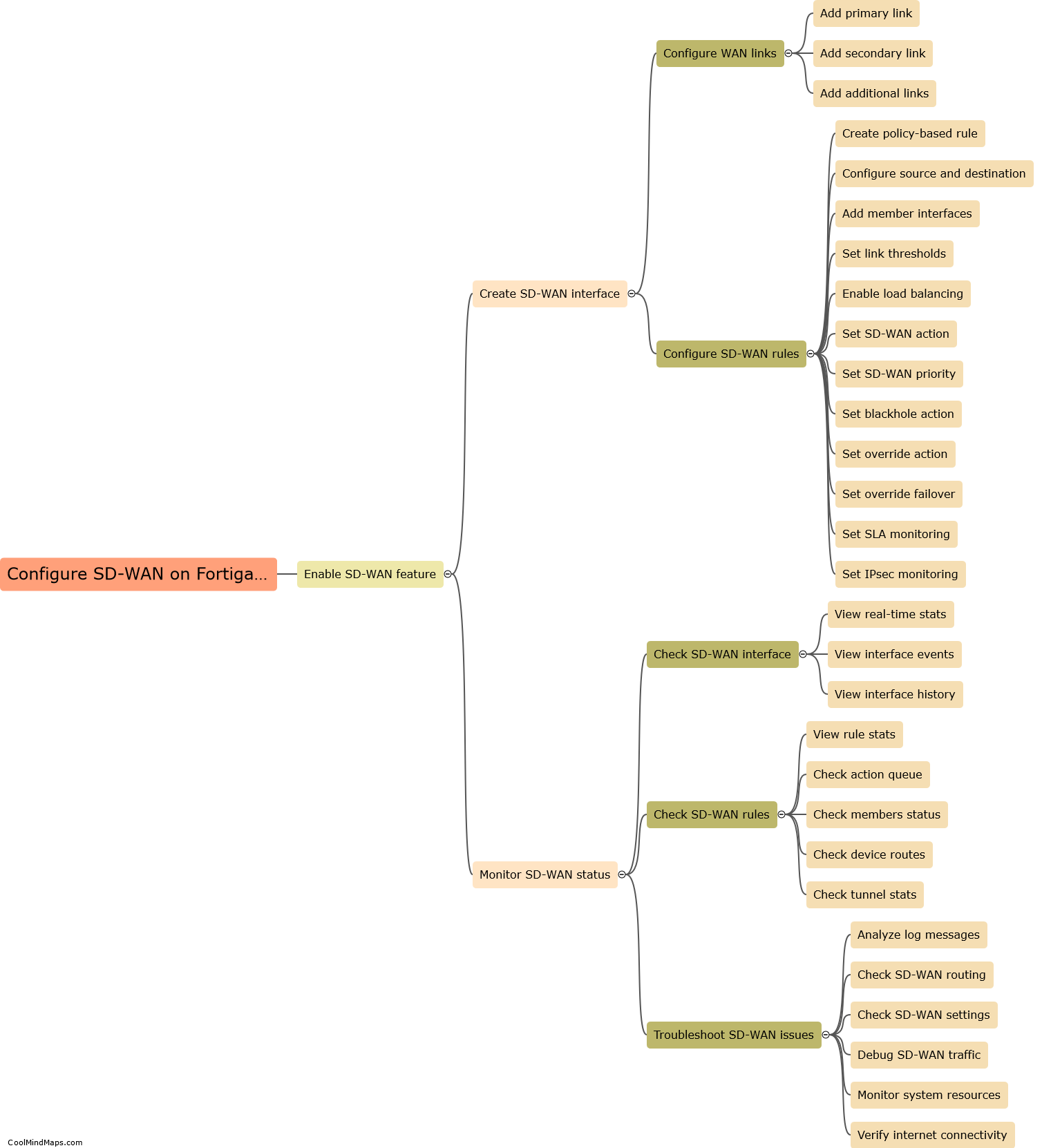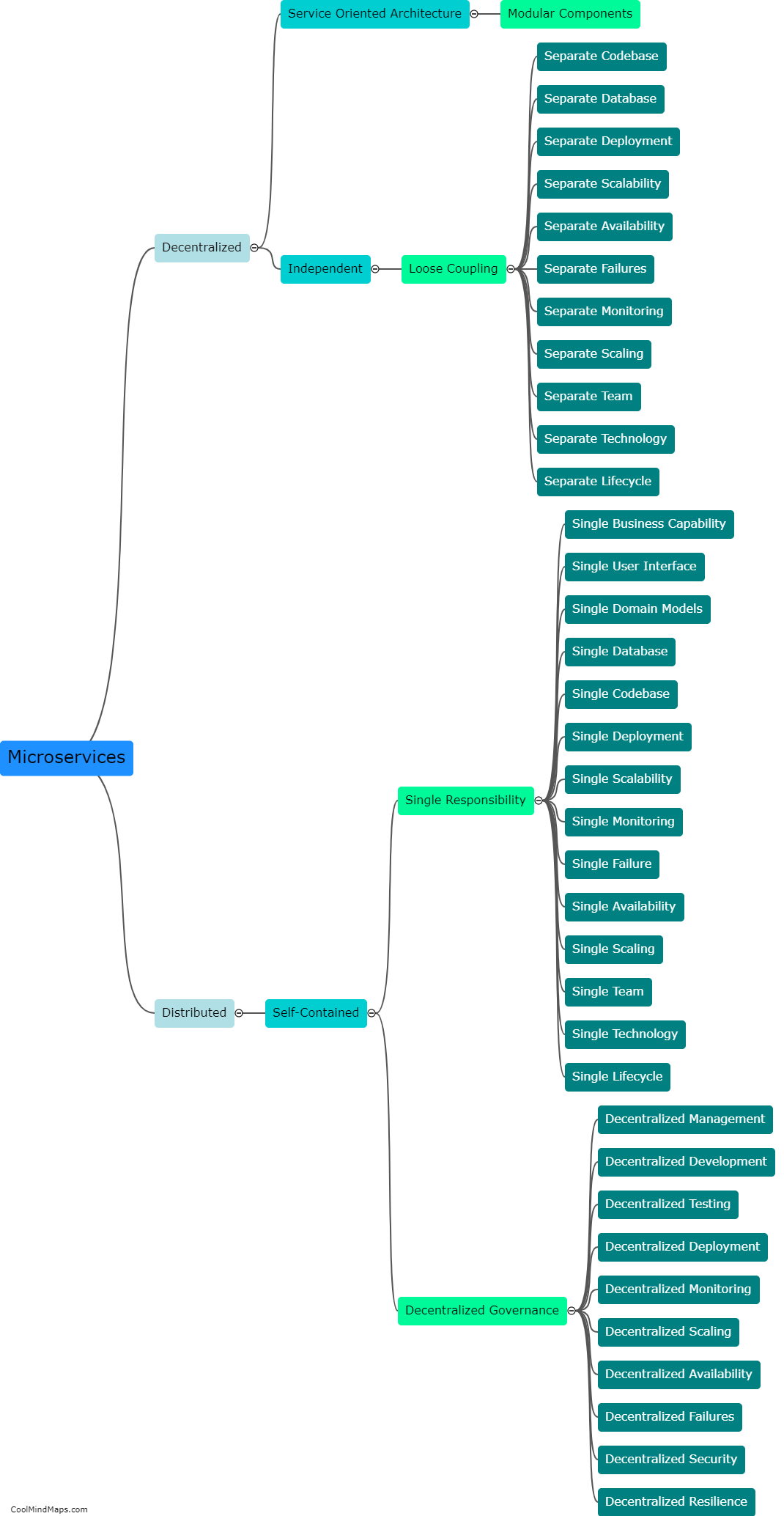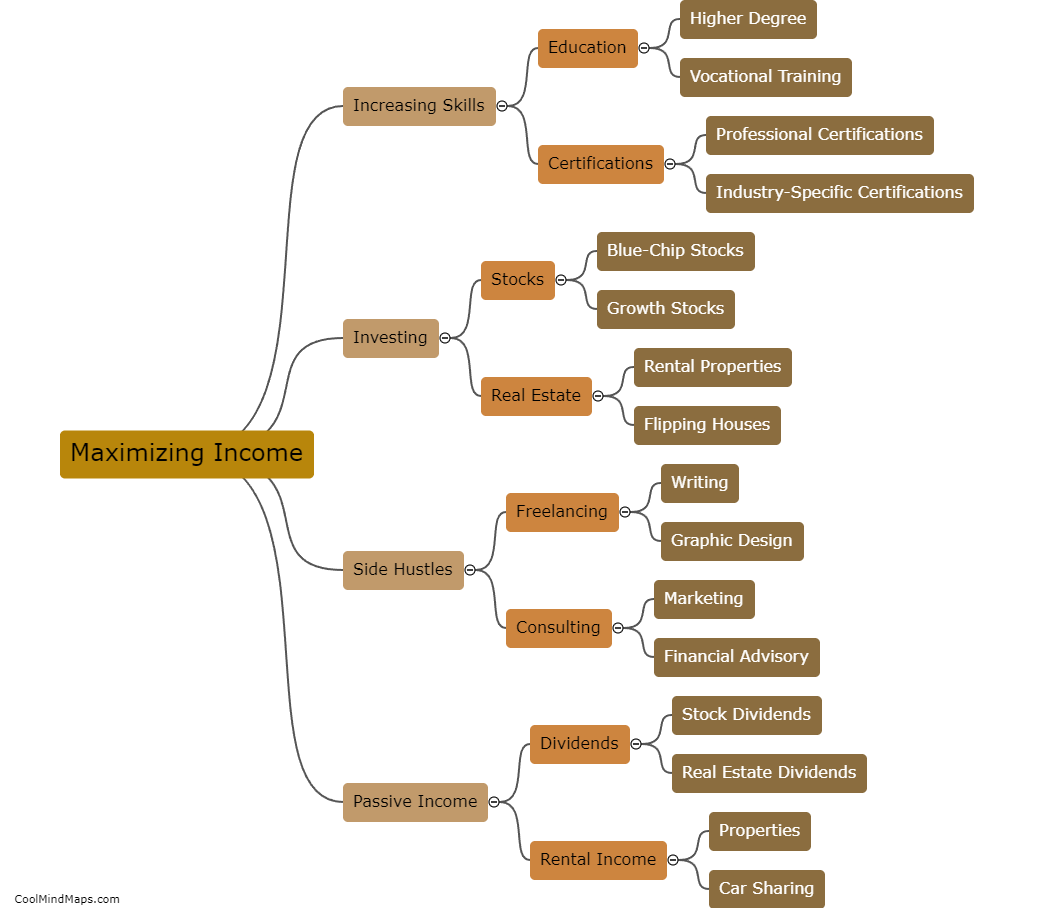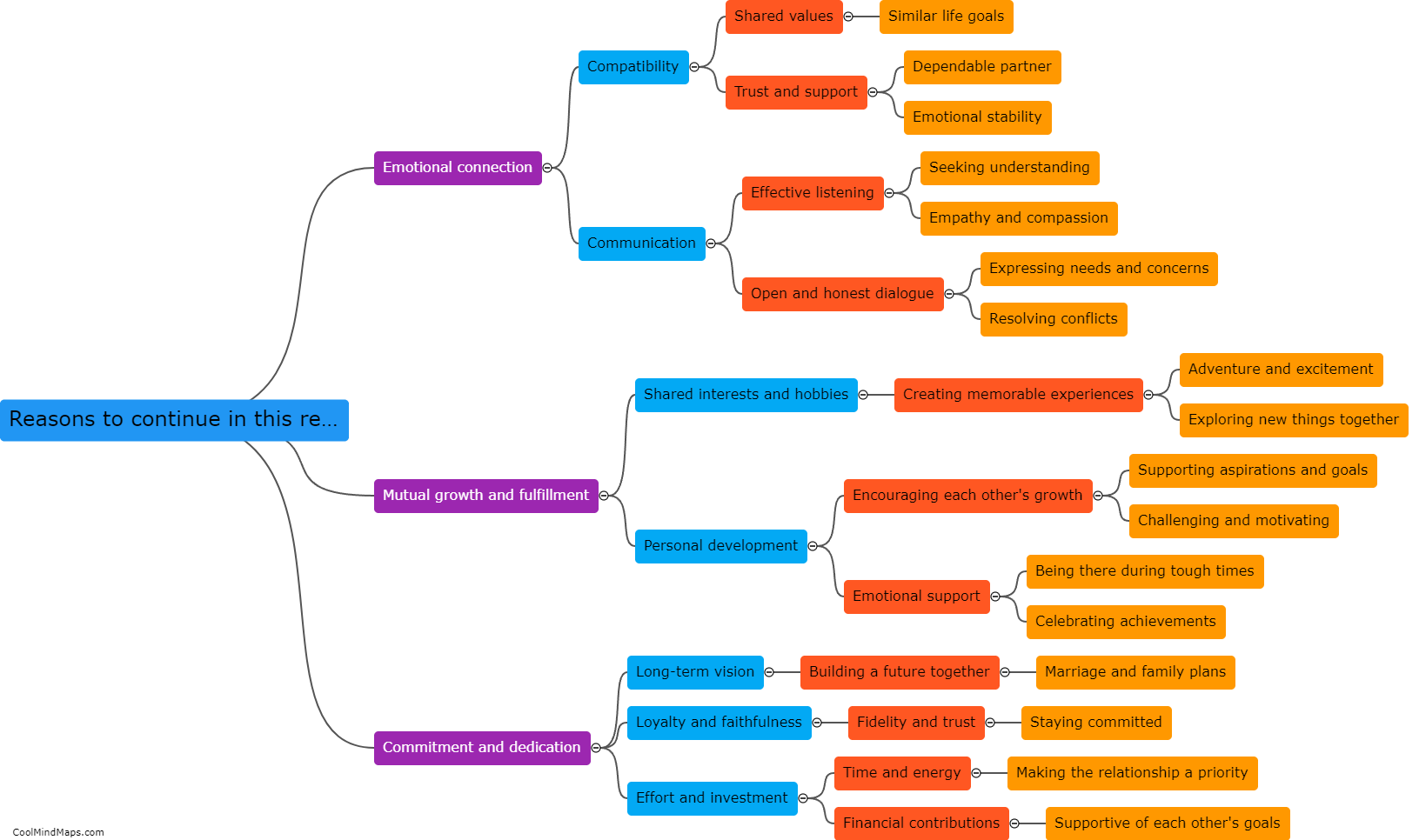What are the different versions of OPC and their features?
OPC, or OLE for Process Control, is a standard communication protocol widely used in the industrial automation field. There are several versions of OPC that have been developed over time. The most notable versions include OPC DA (Data Access), OPC HDA (Historical Data Access), and OPC UA (Unified Architecture). OPC DA is primarily used for real-time data exchange between clients and servers, allowing applications to access process data from various sources. OPC HDA, on the other hand, focuses on accessing historical data for analysis and reporting purposes. Finally, OPC UA is the latest and most advanced version, providing a secure and scalable platform for data exchange across different platforms and devices. It offers enhanced security features, built-in redundancy, and extensive functionalities, making it the preferred choice for modern industrial applications.
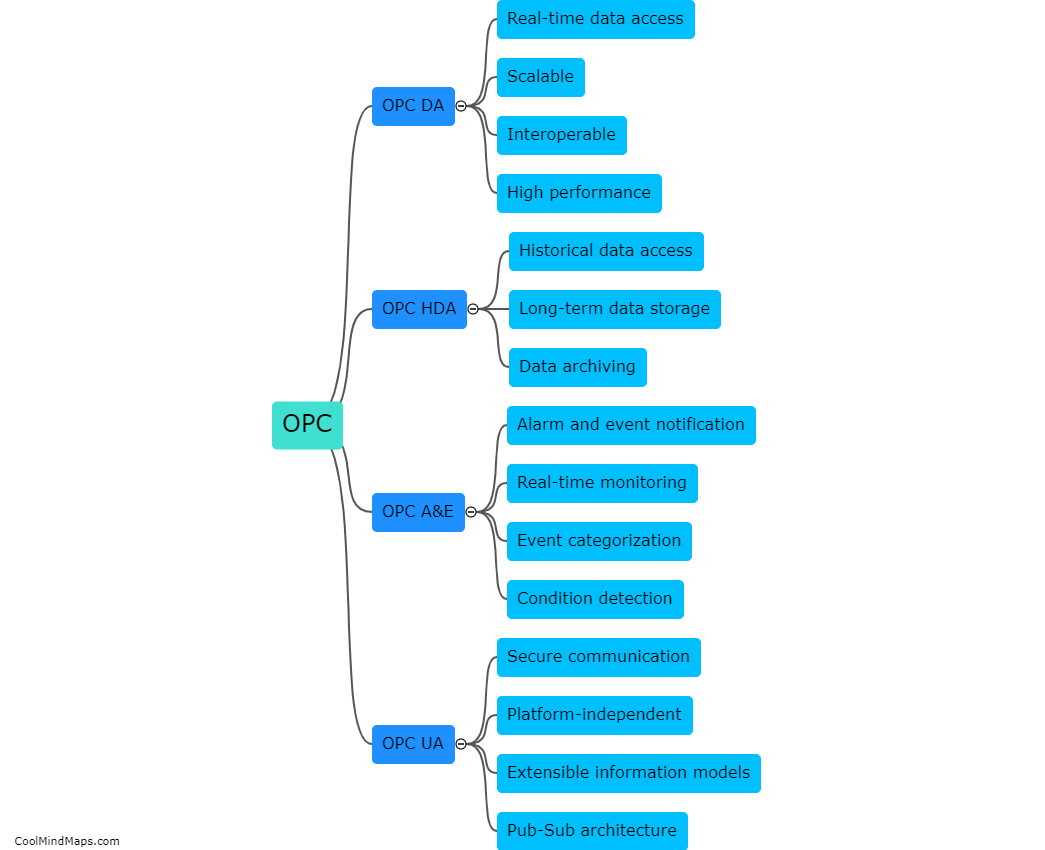
This mind map was published on 5 January 2024 and has been viewed 79 times.
